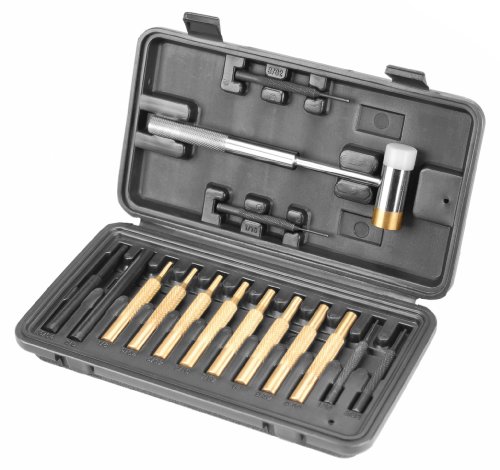aka251
Member
Hi All,
NEED YOUR ADVISE.
My graduate degree is in Architecture from Indian Institute of Technology and intend to apply for EIT exam (other disciplines). Few weeks back I send all the credential evaluation information to NCEES (transcripts, course description etc) of my Architecture program. The evaluation report came up with certain deficiencies such as NO BASIC MATH OR SCIENCE COURSES such as Calculus I and II, Physics etc.
Basic maths and science are not taught at Grad level in India. We are taught those course in 11th and 12th grade (senior secondary education). Only applied physics/maths (like HVAC, electricty, soil mechanics, surveying, numerical methods, operations research etc.) are taught at Grad level.
To my dismay, my credential evaluator is not ready to consider my high school credentials. I need to explain to him that basic sciences are not taught in grad school.
Has anyone experienced a similar situation?? If so, how did you explain your evaluator? PLEASE ADVISE.
I am eager to give my EIT exam and love the subjects. If anyone can help me in anyway possible, please do!!!!
NEED YOUR ADVISE.
My graduate degree is in Architecture from Indian Institute of Technology and intend to apply for EIT exam (other disciplines). Few weeks back I send all the credential evaluation information to NCEES (transcripts, course description etc) of my Architecture program. The evaluation report came up with certain deficiencies such as NO BASIC MATH OR SCIENCE COURSES such as Calculus I and II, Physics etc.
Basic maths and science are not taught at Grad level in India. We are taught those course in 11th and 12th grade (senior secondary education). Only applied physics/maths (like HVAC, electricty, soil mechanics, surveying, numerical methods, operations research etc.) are taught at Grad level.
To my dismay, my credential evaluator is not ready to consider my high school credentials. I need to explain to him that basic sciences are not taught in grad school.
Has anyone experienced a similar situation?? If so, how did you explain your evaluator? PLEASE ADVISE.
I am eager to give my EIT exam and love the subjects. If anyone can help me in anyway possible, please do!!!!





















